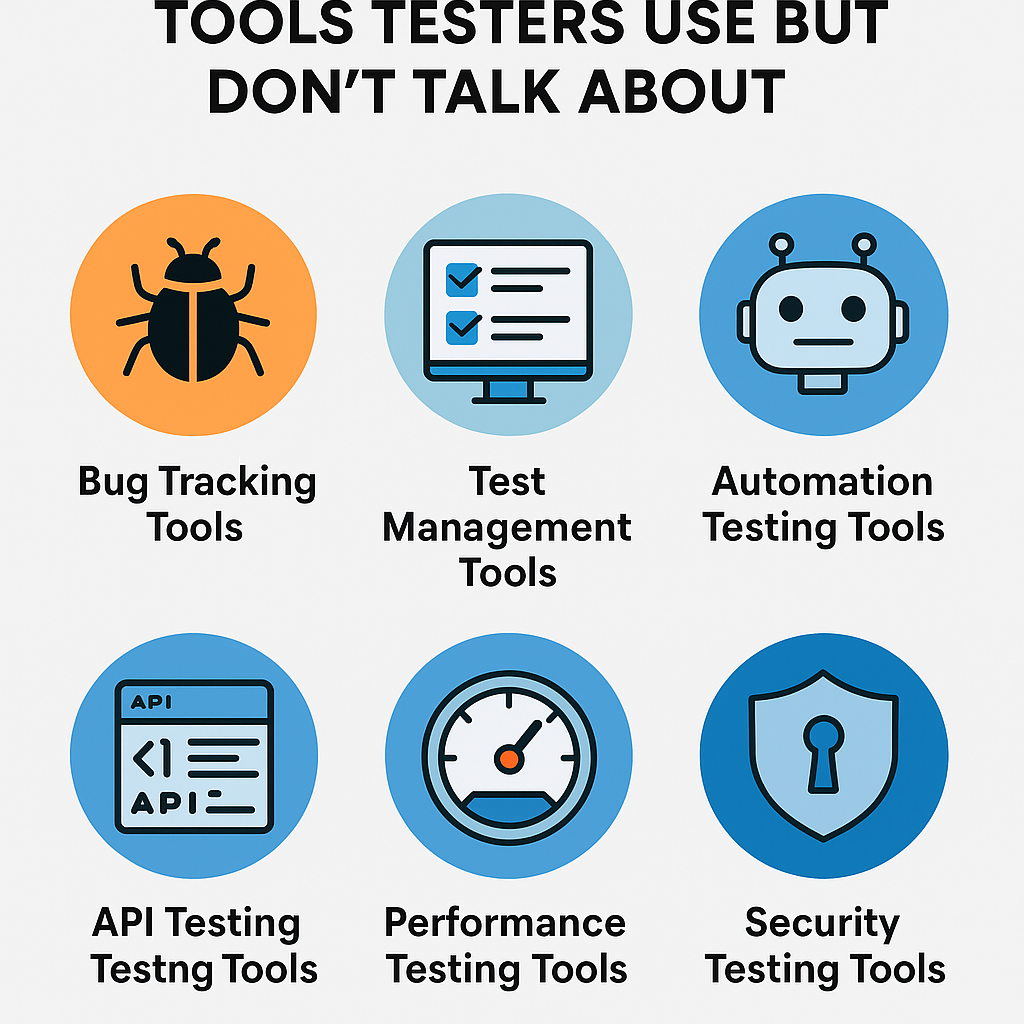Unit Testing Best Practices: Code Better, Test Smarter!
Unit testing is like giving your code a thorough health check-up. It makes sure that every little part works correctly, so your whole program runs smoothly. While the process may seem repetitive, applying the right strategies can make it more effective and even fun. Let’s explore the best practices for unit testing, complete with practical examples and a bit of humor.
Write Tests for Multiple Scenarios
Imagine playing a video game where you are only testing how the game reacts when you hit the enemy once. What about when you miss? Or when you spam the attack button? The same rule applies to unit testing: test all possible situations. Testing your code in a variety of ways improves your chances of catching tricky bugs early.
Example: If you’re testing a login() function, don’t just check if it works with correct credentials. Also test:
- Wrong credentials
- Empty fields
- Special characters (and yes, even a string of random emojis!)
Pro tip: Think like a chaotic user, where people will input anything.
Name Your Tests Descriptively
Let’s face it: “Test1” or “CheckThing()” isn’t helping anyone, especially future you! Good test names should describe the exact purpose of the test and the expected outcome. This will assist you and your team in rapidly comprehending the function of a test at a glance.
Example:
def test_login_with_valid_credentials():
# testing if login works with correct username and password
Clear names = future debugging saviors!
Automate Your Tests
Would you prefer not to devote an entire day to manually conducting the same tests, would you? Set up automated tests using a framework such as JUnit, PyTest, or JUnit5 to run unit tests automatically. Better yet, use them in your CI/CD pipeline so you’ll always know if something breaks before you deploy.
Example: You can set up automated tests every time you commit new code. It’s like having a robot help you test your code while you’re drinking coffee.
Write Deterministic Tests
Consistency is key! Good unit tests should behave the same way no matter how many times they’re run. Random outcomes (unless you’re actually testing randomness) can drive you crazy. Tests that fail sporadically are called “flaky”—and no one likes a flaky friend.
Example: When you test a function that generates a random number, use a fixed seed to ensure the output is predictable during testing:
import random
random.seed(10) # Deterministic behavior
Use the AAA Pattern (Arrange, Act, Assert)
When you’re writing tests, stick to the AAA pattern. This will make your tests easy to follow and understand.
- Arrange: Set up the situation.
- Act: Perform the action.
- Assert: Check if the result matches your expectations.
Example: Here’s how you might test a simple addition function:
def add(a, b):
return a + b
def test_add():
# Arrange
num1, num2 = 2, 3
# Act
result = add(num1, num2)
# Assert
assert result == 5
Easy to read, easy to debug!
Write Tests Before or During Development (TDD)
The secret sauce for keeping your code in check is Test-Driven Development. Write the code that passes your tests first, then write the code that passes your tests. This method keeps your code clean and focused by only writing enough code to make the test pass.
How it works:
- Write a failing test.
- Write just enough code to make the test pass.
- Refactor to make your code cleaner.
This forces you to think about the function of your code before writing it. Think of it as a roadmap to where you want your code to go.
Focus on One Use Case per Test
A good unit test should focus on a single behavior, not multiple behaviors. If multiple scenarios are tested within a single test case, it may prove challenging to determine the root cause of the failure. Keep it simple—one use case per test.
Example: If you’re testing a function that handles multiple scenarios (e.g., valid input, invalid input), write separate tests for each:
def test_with_valid_input():
# test logic
def test_with_invalid_input():
# test logic
Avoid Logic in Tests
As you are writing tests to detect bugs, why include logic that could potentially introduce new ones? Make your tests simple and avoid loops, conditionals, or complicated operations. The simpler the test, the more reliable it is.
Example: Bad:
if some_condition:
assert some_value == expected_value
Good:
assert some_value == expected_value
Reduce Test Dependencies
It is imperative that tests operate independently of each other. It is important not to have Test A fail because Test B had a problem. Please isolate the unit you are testing and mock out any dependencies.
Example: If your function interacts with a database, mock the database calls so you’re only testing the logic of the function—not whether the database is up and running.
Aim for Maximum Test Coverage
Getting 100% test coverage sounds great, but it’s not always possible. Try to cover as much as possible, focusing on important routes and unusual situations. But don’t stress over reaching 100% if it’s not possible.
Keep Good Test Documentation
Document your tests like a pro. Proper documentation will save time and confusion when someone (or you) revisits your project in six months. Your tests should be:
- Reviewable: Easily understood by others.
- Repeatable: Can be executed multiple times with the same results.
- Archivable: Stored for future reference or when debugging issues.
Wrapping It Up
Unit testing is your code’s best friend. By following these best practices, you will not only ensure that your code is bug-free, but also improve the overall quality of your application. Plus, following these tips will make your tests clear, reliable, and—dare we say—fun to write!
Now, go ahead and give your code the superhero treatment it deserves.
What is Unit Testing and Why Is It Important?,Top 5 Best Practices for Effective Unit Testing,How to Write Clear and Descriptive Test Cases,Automating Unit Tests: Why It’s a Must,How the AAA Pattern Simplifies Unit Testing,Avoid Common Mistakes in Unit Testing,The Benefits of Writing Tests Before Development (TDD),Tips for Maximizing Test Coverage in Your Code,How to Reduce Dependencies in Unit Tests,Why Simplicity is Key in Unit Testing












